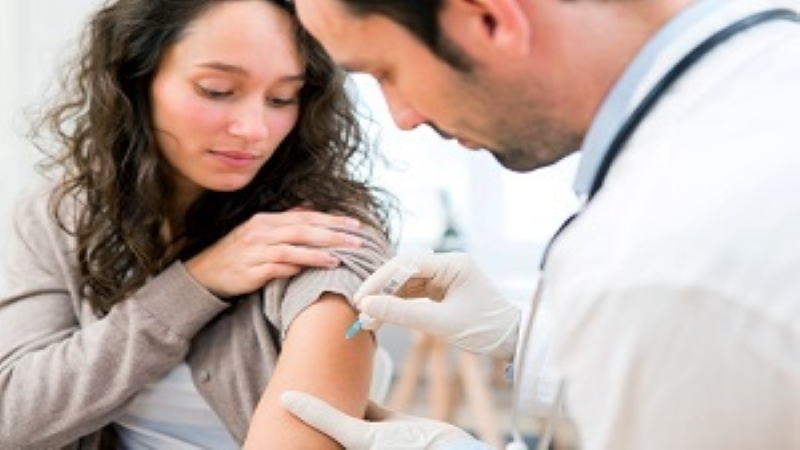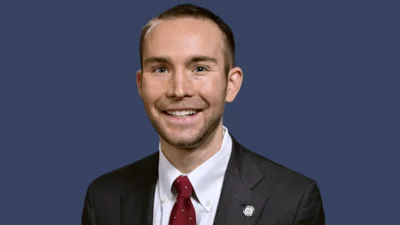The first recipients of the COVID-19 vaccine will likely be frontline health care workers and elderly people living in nursing homes. | Shutterstock
The first recipients of the COVID-19 vaccine will likely be frontline health care workers and elderly people living in nursing homes. | Shutterstock
As the Pfizer vaccine has begun to be distributed worldwide, the first COVID-19 vaccination doses are set to arrive in Michigan early this week.
As the U.S. death toll from COVID-19 continues to climb, just under 85,000 units of the Pfizer-BioNTech vaccine are scheduled to arrive in Michigan's hospitals as early as today, according to Bridge Michigan. However, with a statewide goal to vaccinate 70% of Michiganders (or 5.4 million people) by the end of next year, the beginning doses are a small fraction of the necessary amount.
Within Michigan, the first batches of the vaccine will be delivered to 56 local hospitals, spanning 16 health departments. The second vaccine by Moderna is expected to follow within a few days. Citing concerns for security, health officials did not disclose the names of which hospitals would be first to receive Pfizer’s doses.
One doctor who spoke out about receiving some of the first vaccines was executive vice president and clinical officer Dr. Adnan Munkarah of the Henry Ford Health System. Based in Detroit, Munkarah stated that Henry Ford will be receiving approximately 4,875 units for its health care workers this week.
Distribution of the vaccines will be done in three stages. The first will be reserved for those working (both paid and unpaid) in health care environments, as well as residents of long-term care facilities. The second group consists of essential workers in vital industries, including those in education, correctional facilities, infrastructure fields and more. Lastly, the third group will include high-risk populations for COVID-19 and those who are 65 years of age and older.
Though these are the initial distinctions for each group, Michigan's chief medical executive Dr. Joneigh Khaldun emphasized that “the situation is continuously evolving,” and that the groups are dependent on the amount of doses available, according to Bridge Michigan. As the Michigan case total nears 438,000, the vaccines will help to reduce the rate of transmission for a widely spreading virus.


 Alerts Sign-up
Alerts Sign-up